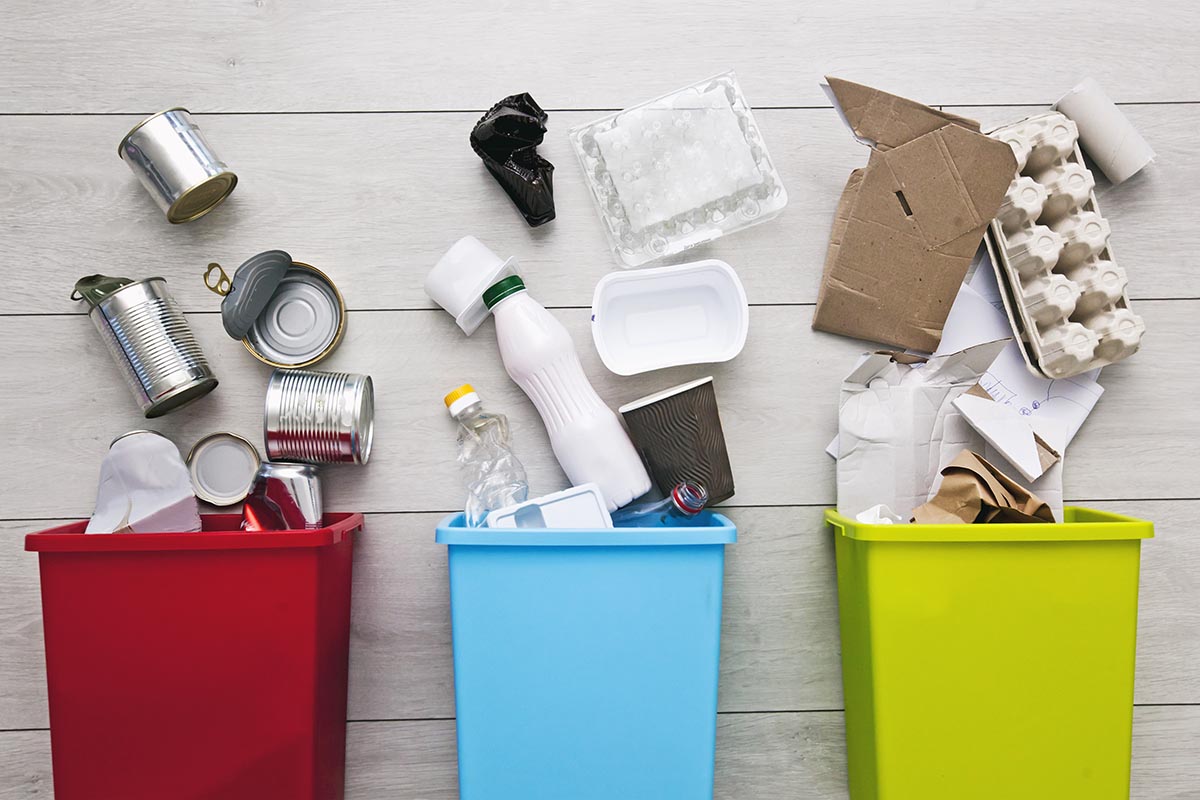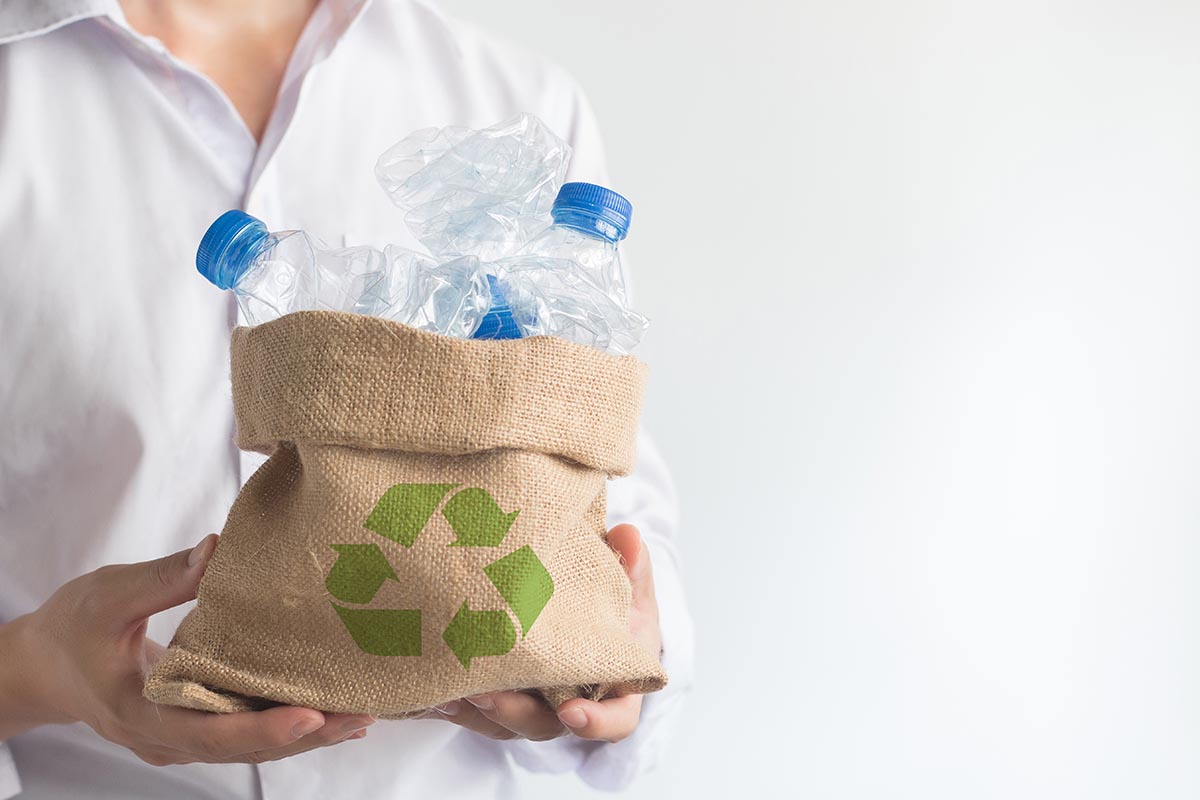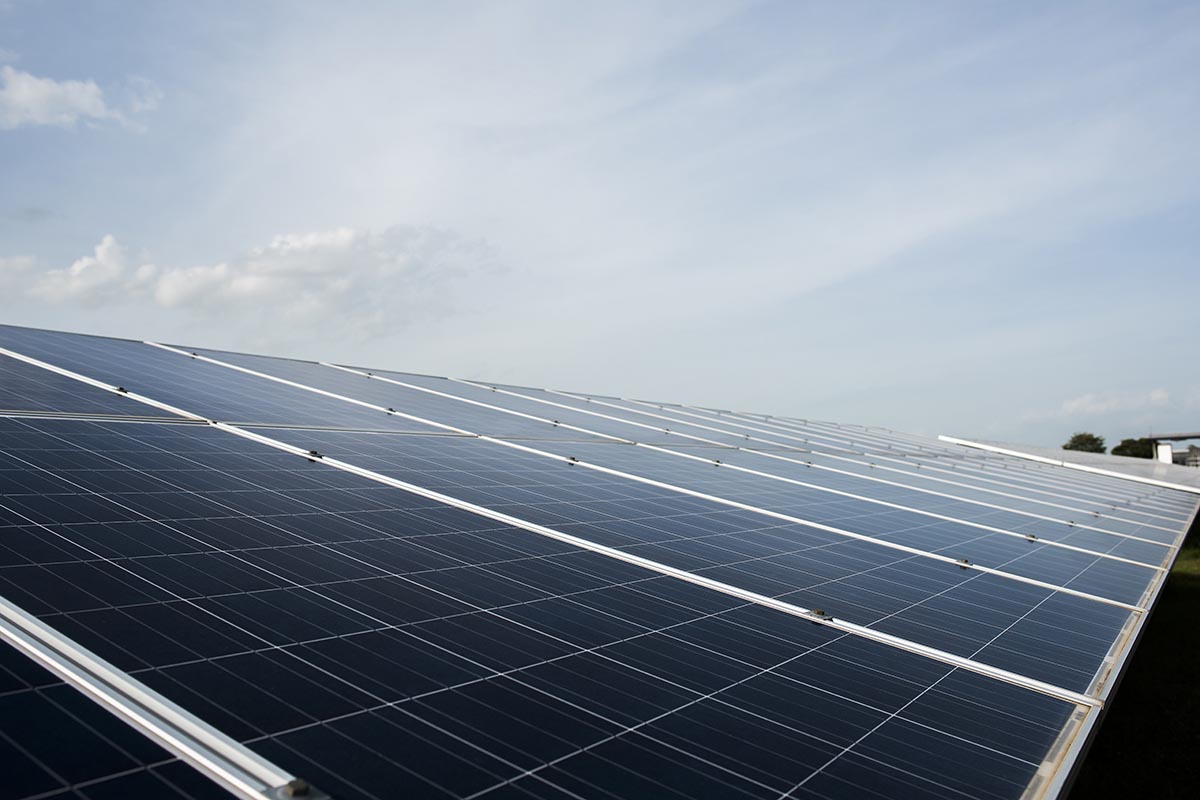What Are the Pros and Cons of Recycling Plastics?
The non-biodegradable nature of most plastics has adverse effects on the environment. It’s a more challenging process compared to metal and glass recycling. According to statistics, recyclers have only managed to reclaim around 10% of all plastics. The rest are piling up in landfills or choking the environment.
Advantages of Recycling Plastics
The benefits of reducing, reusing, and recycling include:
- Energy and Environmental Conservation
A home recycling service reduces or eliminates the need for new plastic products. It also reduces environmental pollution and global warming that occurs when transforming these hydrocarbons. The community enjoys energy savings because recycling requires lower energy than manufacturing. It also saves trees because most new plastic items require paper stickers and containers.
- Job Creation
Placing your plastic recyclables on the curbside is the first step of an elaborate process. The processing companies employ skilled and semi-skilled individuals to pick, sort and transform them into other usable products. The increasing demand for green solutions means this industry will keep creating more employment opportunities.
- Cost-Effectiveness
It’s generally cheaper to dispose of properly sorted and recycled waste than general garbage. A home recycling service is also a potential revenue source for both consumers and businesses. Some processors pay for particular types of plastic, which they transform into new products and sell. You’re also likely to benefit from various state and federal incentives offered to stakeholders in the green economy.
- Wildlife Conservation
You’ve probably seen photos of large parts of the ocean covered by floating plastic debris. Other than being an eyesore, they affect marine life. Some fish and birds get trapped in or feed on these non-biodegradable objects. If the plastics are toxic, they might kill the fish or cause illness in humans who later feed on them. Recycling reduces such likelihoods and helps maintain the ecosystem.
The world can become a better and healthier place by increasing awareness about the benefits of recycling. It’s also advisable to reduce the amount of plastic waste we produce on an individual level. One way of doing so is by investing in reusable bottles and containers for water, beverages, and other foods that you consume regularly.
Disadvantages of Recycling Plastics
Every home recycling service might have noble intentions, but it still has some cons. In some instances, the process may result in more pollution and energy use relative to manufacturing new plastic products. As the number of garbage collection vehicles and processing plants increases, carbon emissions will also rise. These pollutants are also likely to release emissions into the atmosphere that might pose health risks.
These toxins might also be present in the recycled products and affect those who use them over the long term. Examples are lead, chemical stews, and other impurities. Waste materials from recycling can also find their way into water sources and contaminate them with harmful elements. Unfortunately, it could take years or decades to identify such adverse effects.
Other disadvantages of recycling plastics include:
- High Costs and Low-Quality Jobs
In some instances, it can cost significantly more to recycle than to take garbage to a landfill. Other than utility bills, you might need specialized equipment to transport, sort, clean, and process the toxic by-products. The jobs can also be lower-paying, more demanding, and generally demoralizing than manufacturing alternatives. In addition to being cost-inefficient, they can also result in lower standards of living.
- Inefficiency
Some observers argue that recycling is generally ineffective because of the low amounts of usable materials. Since it accounts for about 10% of all plastic products, it barely serves its intended purpose of saving the environment. It’s also not advisable to recycle more than once. That’s because the end product will be less viable and potentially contain more toxins.
- Failure to Follow Regulations
For your home recycling service to work as expected, it should adhere to several strict regulations. These laws govern the acquisition, management, and discarding of such products. The Code of Federal Regulations Title 21 requires these materials to be suitably pure. The FDA evaluates proposals for the use of recycled items. If you want your packaging products to be certified, the complete recycling process must be transparent.
Other than removing potential contaminants, you’re required to explain the future use of recycled products. Some recyclers don’t adhere to these regulations, which causes problems such as abandoned dump sites and chemical contamination. Recycling can create a sense of achievement in its champions while resulting in more harm than good.
Pros and cons of recycling plastics: Conclusion
It’s advisable to weigh the pros and cons of a home recycling service before starting one. A thorough analysis ultimately shows you whether it will achieve its intended objective of creating a greener environment cost-effectively. The products you make must also be valuable to consumers while prioritizing their health.



















